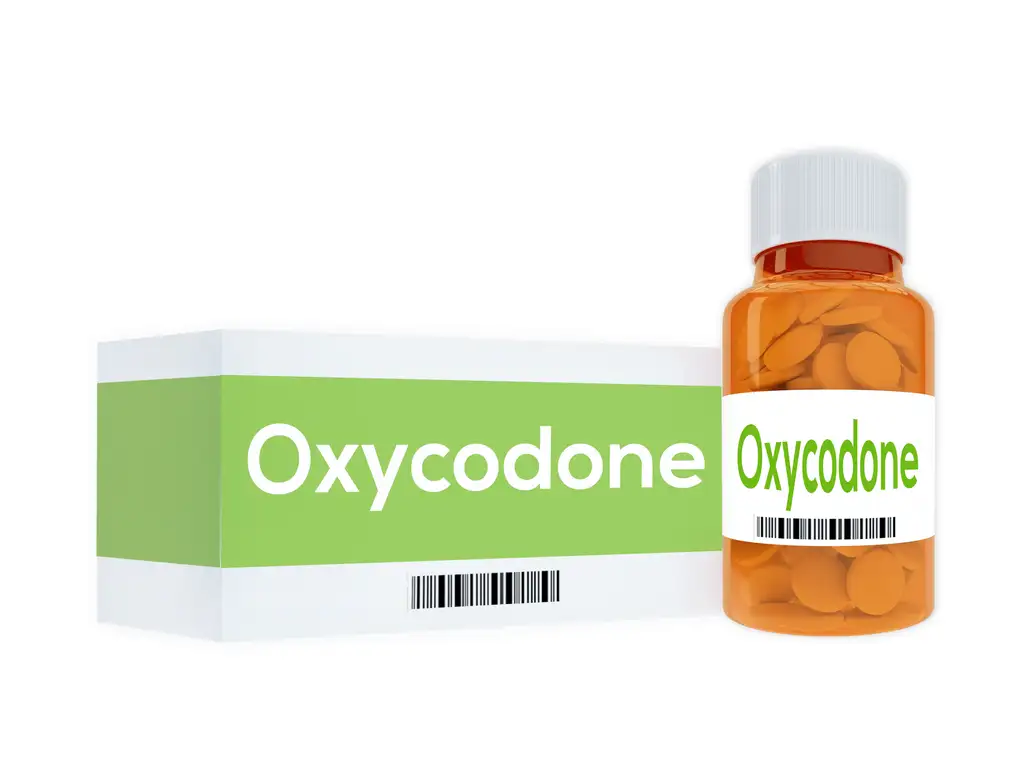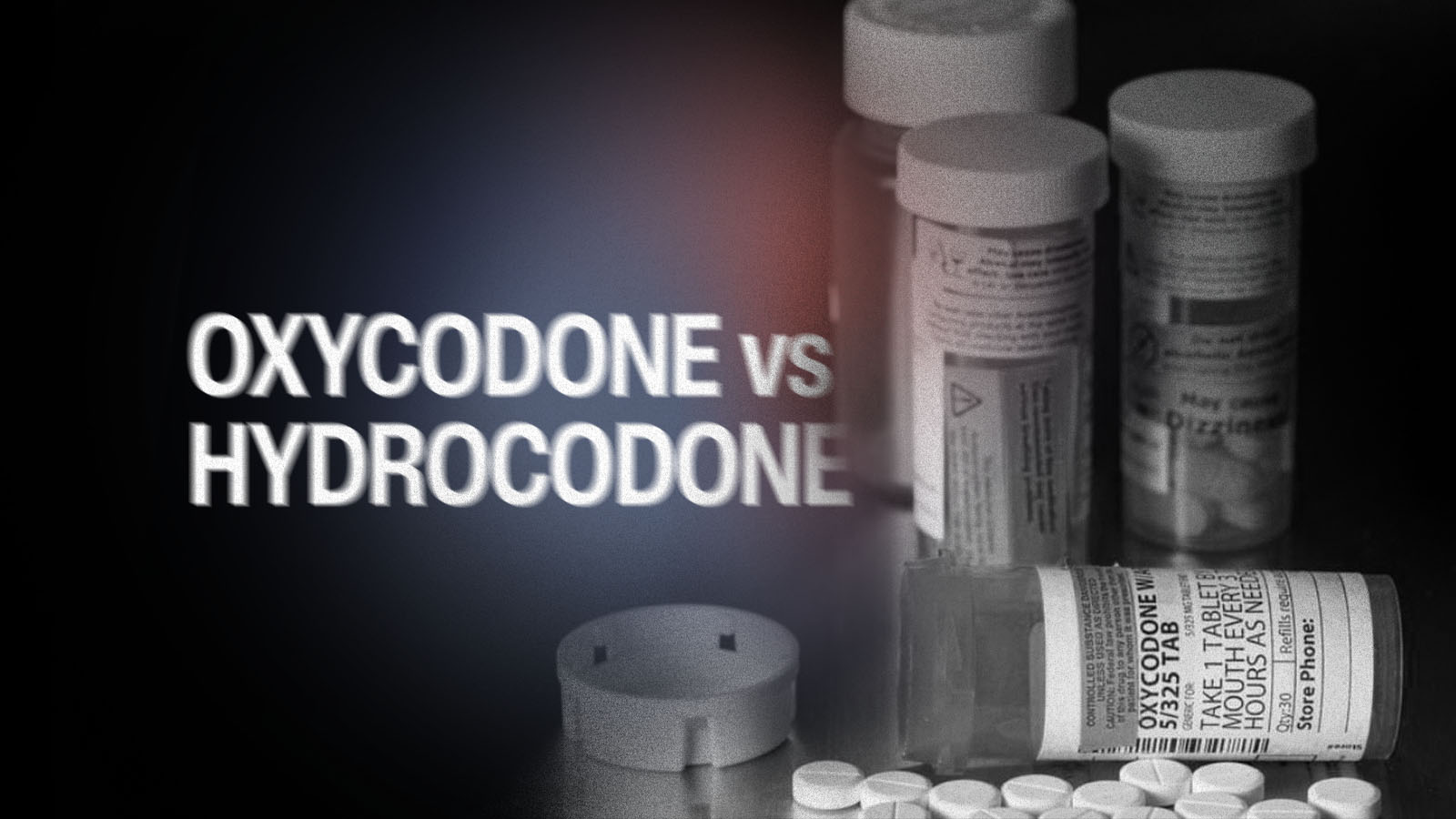Understanding Into the Legitimate Uses Related To Oxycodone Usage
Oxycodone, a potent opioid drug, is frequently a topic of dispute due to its potential for abuse and addiction. Among these issues, it is crucial to recognize the genuine and necessary roles that oxycodone plays in the world of healthcare. From giving alleviation to cancer patients battling unbearable discomfort to aiding in post-surgical recovery, the applications of oxycodone are significant and impactful. Comprehending the nuanced circumstances in which this medicine is properly made use of clarify the detailed balance in between its threats and advantages, motivating a deeper exploration into the globe of pharmaceutical interventions in handling serious pain.
Pain Monitoring in Cancer Cells Clients
Pain monitoring in cancer clients is an important aspect of their total care and treatment regimen. People battling cancer cells typically experience differing levels of discomfort, which can substantially influence their lifestyle. Reliable pain administration not only relieves physical pain but also attends to the emotional and psychological toll that chronic pain can handle patients.
Cancer pain can originate from the illness itself, such as tumor growth pushing on nerves or organs, or as an adverse effects of treatments like surgery, radiation, or radiation treatment - Buy Oxycodone online. It is essential that doctor use a multidisciplinary technique to discomfort administration in cancer clients, tailoring treatments to deal with the particular type and source of discomfort experienced by each individual
Treatment options might include medicinal treatments like opioids, non-opioid anesthetics, and adjuvant drugs, along with non-pharmacological approaches such as physical treatment, acupuncture, and cognitive-behavioral treatment. The goal of discomfort monitoring in cancer cells people is not only to lower discomfort degrees but additionally to improve overall functioning and quality of life during the course of their health problem.
Post-Surgical Discomfort Alleviation
Complying with operations, reliable administration of pain and advertising recuperation are vital aspects of patient care. Post-surgical discomfort alleviation plays a crucial duty in making certain individuals' convenience and promoting their recovery procedure. Oxycodone, a powerful opioid analgesic, is frequently recommended for taking care of modest to severe discomfort adhering to surgical treatment.
Post-operative pain can impede a client's ability to move, take a breath deeply, and participate in essential activities for recuperation. Oxycodone aids ease this discomfort by binding to opioid receptors in the mind and spine, minimizing the understanding of pain. By supplying efficient pain relief, oxycodone enables clients to take part in physical therapy, enhance their mobility, and stop complications related to poor pain control.

Chronic Discomfort Administration
Effective management of chronic pain is vital for boosting patients' top quality of life and capability. Persistent pain, lasting for weeks to years, can significantly impact a person's everyday activities, mental health, and total health. Oxycodone, a powerful opioid discomfort medication, is generally suggested to help take care of persistent pain problems such as joint inflammation, fibromyalgia, and reduced pain in the back when various other treatments have actually shown inadequate.
When made use of properly and under close medical supervision, oxycodone can offer much-needed relief to patients struggling with chronic discomfort. By targeting the central nerves to change the understanding of pain, oxycodone can assist individuals gain back mobility, engage in physical therapy, and take part in activities they delight in. This, in turn, can cause improved mood, you could try here far better rest, and boosted total performance.
It is vital for doctor to thoroughly assess each person's pain level, clinical history, and danger factors anonymous prior to prescribing oxycodone for persistent pain administration. Regular surveillance and adjustments to the treatment strategy are required to make sure the drug's performance while lessening the risk of dependancy or misuse.
Palliative Care Use
When considering the more comprehensive spectrum of healthcare beyond persistent discomfort administration, the application of oxycodone in palliative treatment setups ends up being a topic of considerable relevance. Palliative care purposes to improve the lifestyle for clients facing severe illnesses by addressing their physical, emotional, and spiritual demands. Oxycodone, a powerful opioid analgesic, plays a vital role in palliative treatment by properly taking care of extreme pain that typically accompanies innovative health problems such as cancer cells, end-stage body organ failing, or innovative neurological conditions.
In palliative care, oxycodone is suggested judiciously and under close guidance to minimize stressful signs, advertise convenience, and enhance general wellness. The medicine is tailored per patient's details needs, making certain ideal pain alleviation while minimizing potential side results. Health care carriers in palliative treatment settings function very closely with clients and their households to establish customized treatment strategies that focus on sign monitoring and emotional support.
Extreme Injury Pain Control

Nevertheless, it is vital to stress the value of making use of oxycodone sensibly and adhering strictly to suggested dosages to mitigate the danger of dependency, resistance, and possible damaging effects. Doctor must very closely monitor people getting oxycodone for severe injury pain control to ensure its efficacy hurting monitoring while reducing the chance of abuse or addiction. By incorporating oxycodone into a thorough discomfort administration approach customized to the individual needs of the person, healthcare professionals can enhance therapy end results and facilitate a smoother recuperation procedure from extreme injuries.
Conclusion
In final thought, oxycodone offers as a vital tool hurting management for numerous medical conditions such as cancer cells, post-surgical recovery, persistent discomfort, palliative treatment, and severe injuries - Buy Oxycodone online. Its performance in supplying relief to people experiencing extreme pain has been well-documented. When utilized appropriately and under clinical guidance, oxycodone can considerably improve the top quality of life for individuals dealing with disabling pain
By giving effective discomfort relief, oxycodone enables clients to get involved in physical treatment, enhance their wheelchair, and protect against complications linked with inadequate discomfort control.
Oxycodone, a powerful opioid pain medicine, is commonly suggested to assist manage chronic pain conditions such as joint inflammation, fibromyalgia, and reduced back discomfort when other therapies have actually confirmed inefficient.
Oxycodone, a powerful opioid analgesic, is efficient in offering relief from extreme pain by acting on the central anxious system to modify the assumption of discomfort. Healthcare providers need to closely keep track of clients obtaining oxycodone for serious injury pain control to guarantee its efficiency in discomfort administration while lessening the probability of misuse or addiction.In verdict, oxycodone offers as a crucial tool in important site pain monitoring for different medical conditions such as cancer, post-surgical recovery, persistent pain, palliative treatment, and extreme injuries.
 Edward Furlong Then & Now!
Edward Furlong Then & Now! Jennifer Grey Then & Now!
Jennifer Grey Then & Now! Erik von Detten Then & Now!
Erik von Detten Then & Now! Mason Reese Then & Now!
Mason Reese Then & Now! Lisa Whelchel Then & Now!
Lisa Whelchel Then & Now!